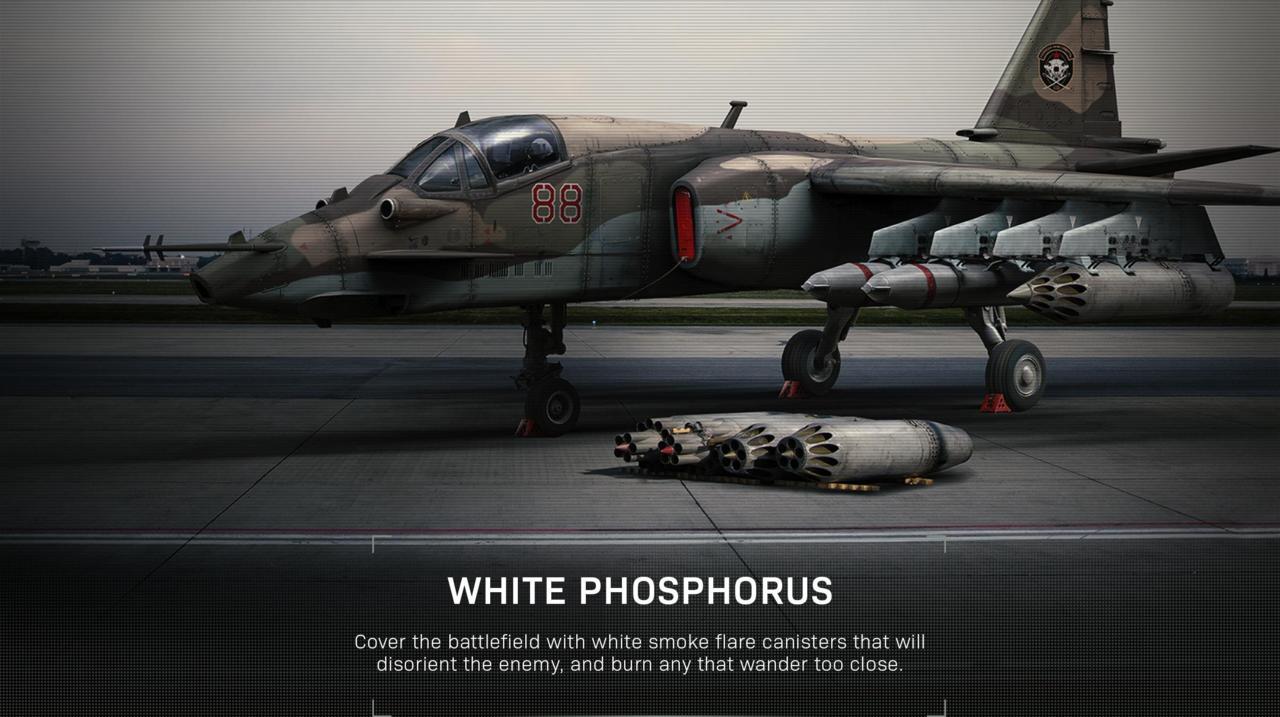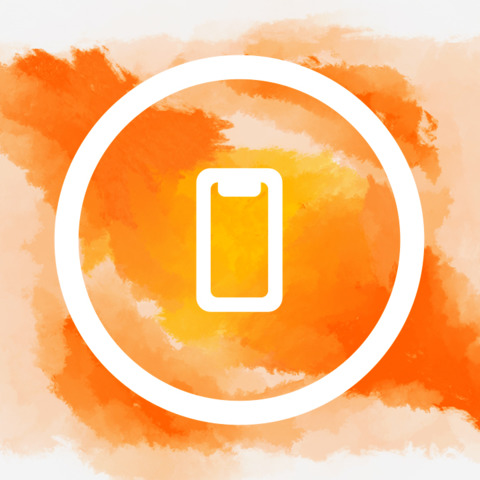The video game industry is sophisticated, both as a multifaceted business enterprise and artistic medium. That complexity made it intersect with politics in 2019 in ways that are both broad-ranging and deep. Despite the best efforts of some fans and publishers to distance the medium from messy political societal conflicts, this year proved there's no separating the two. Politics and video games are enmeshed and likely to stay that way.
Loot Box Controversy Continues
Following the initial explosion of controversy over loot boxes last year, the fallout has continued well into 2019. A bill introduced by US Sen. Josh Hawley (R-MO) called the Protecting Children from Abusive Games Act would have banned loot boxes and "pay-to-win" microtransactions altogether. The Entertainment Software Association (ESA) criticized Hawley's bill as "riddled with inaccuracies" and said many provisions simply don't understand how the industry actually works, and the bill has remained inert since its introduction in May.
Meanwhile, the industry was being probed by other sources within the United States government. In response to a letter of concern from Sen. Maggie Hassan (D-NH), the Federal Trade Commission announced a public workshop on loot boxes to discuss the issue. That event took place in August and hosted panelists talking on the monetization models, psychological impact, and steps for further action. It was the games industry itself that made the biggest news of the day, though, as all three console manufacturers and several major publishers committed to new disclosure notices in any games that include loot boxes. Most of the industry has therefore volunteered to provide disclosure on rarity rates for randomized virtual items, and set a deadline for the policy rollout by the end of 2020.
Sclash - Console Release Date Trailer Kingdom Come: Deliverance 2 - Official Cinematic Announcement Trailer Stellar Blade - BIBI ‘Eve’ Official Music Video Trailer | PS5 Apex Legends: Urban Assault Collection Event Trailer Total War: WARHAMMER III - Elspeth von Draken Gameplay Showcase Genshin Impact - "Arlecchino: Sleep in Peace" | Official Character Teaser Resident Evil 4 Adds Mercenaries and Microtransactions | GameSpot News Fallout: New Vegas 2 Rumors Explained | GameSpot April Xbox Game Pass Games Revealed | GameSpot News Over 15 Free Games To Claim In April | GameSpot News New Witcher Game Plans Have Changed | GameSpot News Elden Ring Death Count Revealed | GameSpot News
Please enter your date of birth to view this video
By clicking 'enter', you agree to GameSpot's
Terms of Use and Privacy Policy
This was part of a larger trend within the industry as well. With legislators in several countries considering action, publishers have started to preempt legal remedies with their own voluntary action. Several games have pulled loot boxes from their monetization models, either in countries where the practice has been banned or worldwide, and some new releases like Call of Duty: Modern Warfare have made a point of noting they would not use the controversial monetization mechanism.
Shootings Lead To Game Violence Furor
In the wake of tragic back-to-back shootings in El Paso, Texas and Dayton, Ohio on August 3 and 4, the debate regarding a potential link between gun violence and violent video games kicked into high gear. The tragic nature of two shootings occurring so closely together shook the public, who demanded action from political leaders. In response, President Donald Trump and many conservative leaders quickly coalesced around video game violence as contributing to a culture of violence in America that devalues life.
It began with Texas Lt. Gov. Dan Patrick and Republican House minority leader Kevin McCarthy in media appearances over the weekend of the two tragedies, and then a statement from President Trump on the following Monday.
"We must stop the glorification of violence in our society," Trump said. "This includes the gruesome and grisly video games that are now commonplace. It is too easy today for troubled youth to surround themselves with a culture that celebrates violence. We must stop or substantially reduce this, and it has to begin immediately."
Critics of the president have suggested that invoking video games is a strategic choice to shift the national conversation away from gun control, which conservatives have historically opposed. President Trump used similar rhetoric, culminating in a roundtable discussion with industry leaders and stakeholders, following the Parkland shooting in 2018. The evidence of a causal link between game violence and real-world tragedies is unclear at best. The American Psychological Association has argued against any such connection, whereas the American Academy of Pediatrics has sharply criticized media violence. No significant gun control legislation has passed through Congress to the president's desk.
Blizzard Causes An International Incident
For sheer volume and intensity of a political controversy in 2019, it's hard to get bigger than Blizzard's decision to harshly punish a Hearthstone player who spoke out in support of pro-democracy protests in Hong Kong. In a post-match interview, Ng Wai Chung (aka Blitzchung) donned a mask in solidarity with protestors and quoted the slogan, "Liberate Hong Kong. Revolution of our age." Punishment for the offense came swiftly, with Blizzard citing a rule against any behavior that "brings you into public disrepute, offends a portion or group of the public, or otherwise damages Blizzard's image." It revoked his monetary winnings and banned him from competitive events for a full year.
Backlash to the decision followed just as quickly. The Hearthstone subreddit was subsumed by players swearing to delete their accounts after years of play. Many called for a boycott and successfully started a trending hashtag. US senators Marco Rubio and Ron Wyden expressed bipartisan disagreement with the decision, and professional Hearthstone streamers and casters strongly disagreed in public statements--some of them even cutting ties and thereby walking away from a game that's defined their careers.
Sclash - Console Release Date Trailer Kingdom Come: Deliverance 2 - Official Cinematic Announcement Trailer Stellar Blade - BIBI ‘Eve’ Official Music Video Trailer | PS5 Apex Legends: Urban Assault Collection Event Trailer Total War: WARHAMMER III - Elspeth von Draken Gameplay Showcase Genshin Impact - "Arlecchino: Sleep in Peace" | Official Character Teaser Minecraft – Kung Fu Panda DLC Trailer Potionomics: Masterwork Edition - Official Announcement Trailer Snowbreak: Containment Zone - "Gradient of Souls" Version Trailer Harold Halibut GameSpot Video Review Nancy Drew: Mystery of the Seven Keys | World Premiere Official Trailer Modern Warfare III & Warzone - Official Cheech & Chong Bundle Gameplay Trailer
Please enter your date of birth to view this video
By clicking 'enter', you agree to GameSpot's
Terms of Use and Privacy Policy
Less than a week later, Blizzard issued a statement partially rescinding its ruling. It returned the winnings and reduced the ban to six months. This made Blitzchung eligible for next year's Grandmasters tournament, but Blizzard did not admit fault with the ruling that an infraction had taken place, and the controversy continued. Protests were organized to take place at BlizzCon 2019, and once again, Blizzard made a statement. Company president J. Allen Brack opened the BlizzCon proceedings by accepting personal responsibility for the lack of transparency and communication. Though advocate groups say Blizzard's apologies still have not addressed the core issues of free speech or democracy, the volume on the controversy has lowered significantly.
Blitzchung, for his part, has accepted a position on the competitive Hearthstone team TempoStorm.
Modern Warfare Invokes Real-Life Massacres
Call of Duty: Modern Warfare was always intended to be a pointed semi-reboot, with overtones inspired by real-world events. Two controversies surrounding the game showed that those efforts may have hit too close to home for some players.
The first came in the announcement of Killstreak bonuses, which included white phosphorous. The chemical agent is controversial in real battlefields, where it's only authorized to be used as a smokescreen. When it comes into contact with people, it can result in horrific effects including severe burns and organ damage. In advance of release, players expressed concern that using it as a Killstreak bonus was insensitive to the severe, real-world effects. Sure enough, GameSpot's own review noted an odd disconnect between a campaign that heavily focuses on the ills of chemical warfare, and multiplayer that treats it relatively flippantly.

Another controversy materialized once the game was released, when players found a mission called the "Highway of Death." The name carries resonance in US political history, having been coined for a massacre of Iraqi military committed by US and allied forces in the first Gulf War. Modern Warfare used the term in reference to a mission in which Russian forces, not American ones, commit an atrocity. Some accused the developer of misappropriating a tragedy and shifting the offender to America's geopolitical foe. Narrative director Taylor Kurosaki noted that in the context of the story, the area was called that before the Russian attack.
But Games Aren't Political, Say Publishers
Against this backdrop of near-constant intersection between video games and politics, publishers are often cautious to avoid any appearance of political overtones. This is especially the case in regards to games that have the most overt appearance of politics--the ones that center on global conflict, often starring American military or espionage agents as the protagonists.
Ghost Recon Breakpoint lead developer Sebastien Le Prestre told GameSpot in May that the game was not trying to make any political statement, despite themes centering on American drone warfare, rogue military officers, and imperialism. Similarly, Infinity Ward's Jacob Minkoff and Taylor Kurosaki said in August that Call of Duty: Modern Warfare was meant to be apolitical, even though the developers talked openly about pulling inspiration from real-world events and touching on themes of colonialism and foreign occupation.
This disparity has led to a sense of dissonance between the artistic vision of games, which often and obviously includes inherently political content, and the interest of publishers, who likely want to maintain an appearance of total neutrality in a broad market where many different types of people might want to play their games.
Video games are the product of a political society, and when the real world mixes with the games we play, disengaging from that conversation is the least impressive thing a publisher can do. While it's fair to stand up for intentions, publicly being defensive or downplaying concerns won't lead to a resolution or progress the conversation in a productive direction. Politics have always and will always coincide with video games. The sooner everyone acknowledges that, the sooner we can find ways of settling our differences and making the most of the unique opportunities games afford us.




